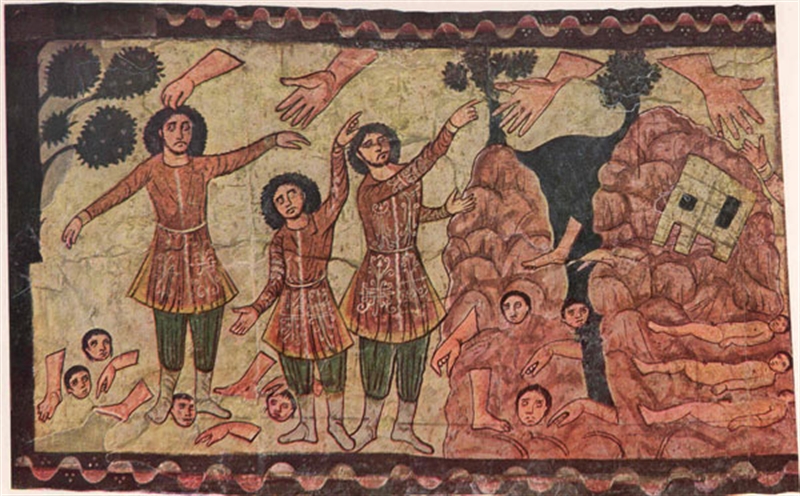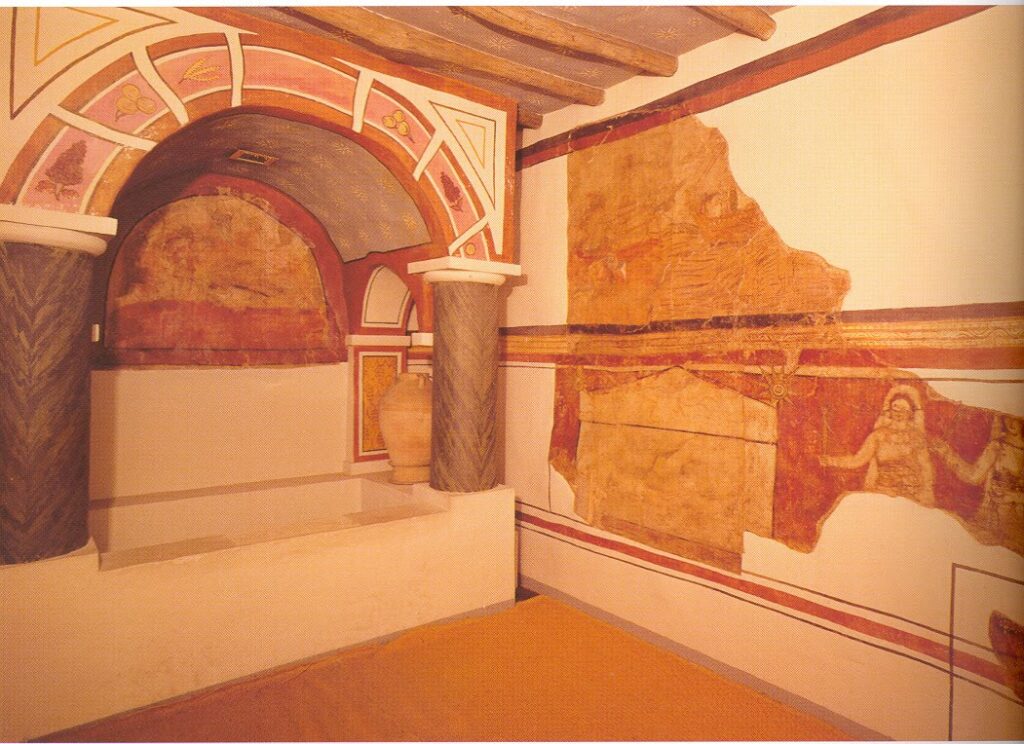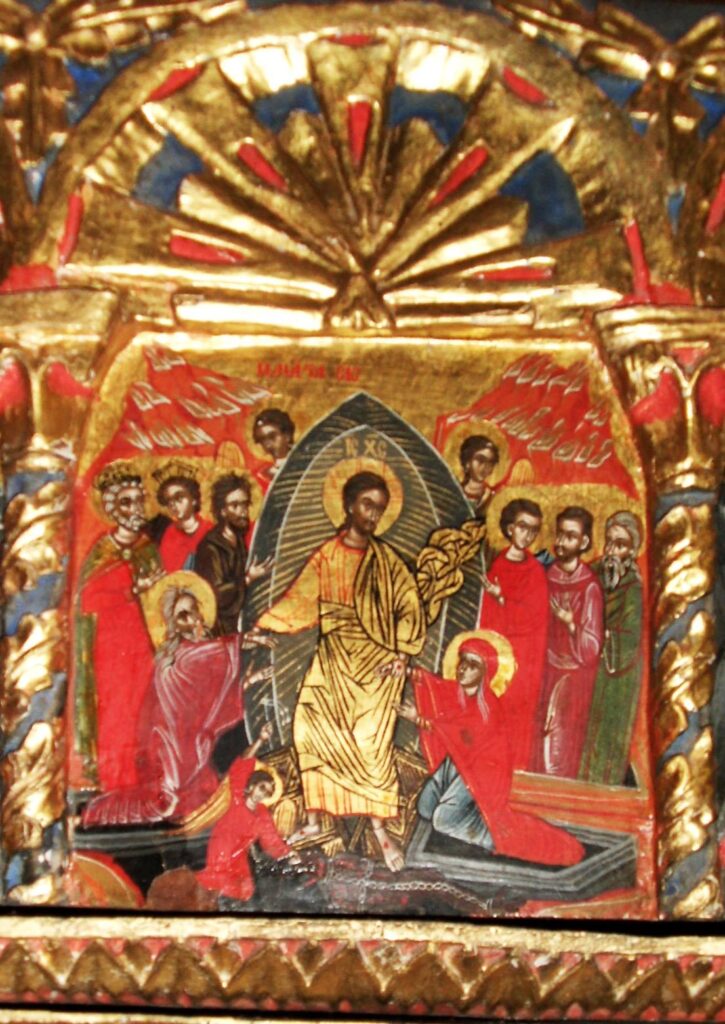
But someone will say, “How can the dead be raised? What kind of body will they have?” You fool! What you yourself sow does not come to life unless it dies. As for what you sow, you do not sow the body that will be but only a naked seed, such as wheat or something else. (1 Cor. 15:35-37)
Greek thinkers were disgusted at the thought that a dead body would be raised by God. They taught that the soul was immortal and that at death, it was set free from the prison of the body. That’s why pre-Christians and non-Christians often cremated the dead: to destroy the jail that was the body and liberate the soul.
Jews, like the Apostle Paul, did not believe in the immortality of the soul. They taught that the dead would be raised, body and soul together. A person was not complete without both a body AND a soul. The body was not a prison that a soul was trapped in; a body was an essential aspect of human reality. Early Christians taught that a human body was an aspect of the image and likeness of God that the human race was created to be.
The body is not the obstacle that prevents us from entering the Kingdom of God but rather our willful wickedness.
St. John Chrysostom, Homily 41 on 1st Corinthians
But none of the Jewish or Christian thinkers thought the resurrected bodies would just be our natural bodies resuscitated. The resurrected body of a person would be different somehow from the natural body before death. But no one was sure how the body would be different.
Origen thought our bodies would all be round, like beach balls, because the sphere is the perfect shape. Others thought our bodies would all look as they did when we were 33 years old since that is the age Jesus was when he was raised from the dead. Others said that the resurrected body would be gloriously bright, like Jesus’ body at the Transfiguration.
The resurrected body was described as “spiritual.” This did not mean “immaterial” or “ethereal.” St. Paul always uses the word flesh to mean “fallen, sinful.” He uses the word spiritual to mean “godly, saved.” Our resurrected bodies will not be sinful but godly, permeated and saturated with the Spirit and glory of God. Just as Jesus had a spiritual body after the Resurrection that could eat and drink and that the apostles could touch, so our bodies will be touchable but able to walk through locked doors and appear or disappear from rooms.
Certain saints are able to display some of these qualities even before they die, working various miracles by the Spirit of God that is already saturating their bodies because they have been washed with the water of baptism, anointed with the holy chrism, and consumed the Body and Blood of Christ in Holy Communion. Which is also why their bodies (i.e. relics) are able to perform miracles after they die. Our bodies display characteristics of the resurrection even before being raised because they are already becoming spiritual, i.e. godly.


